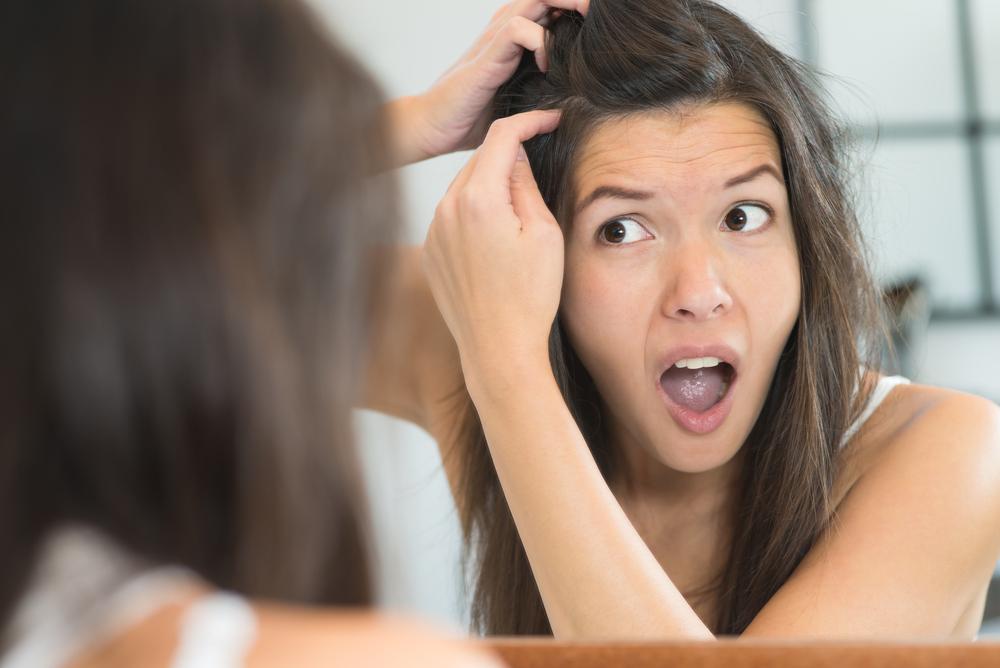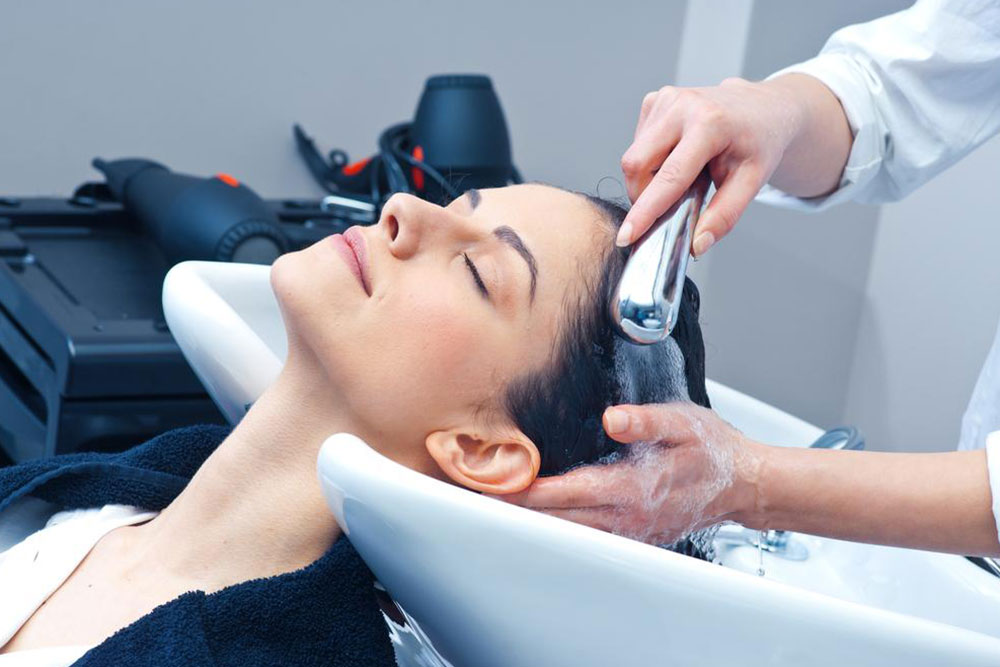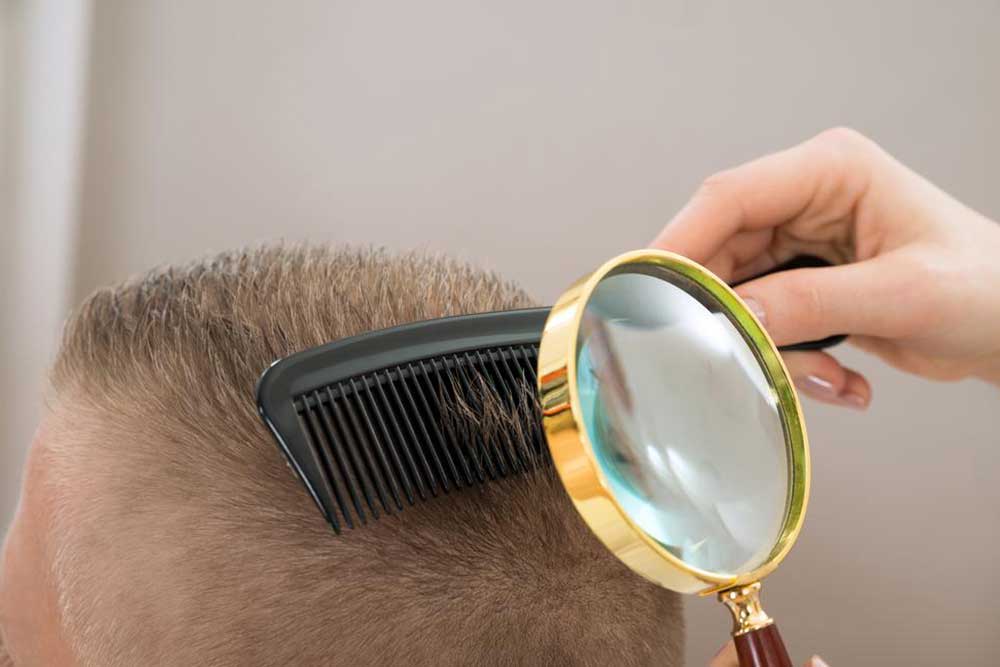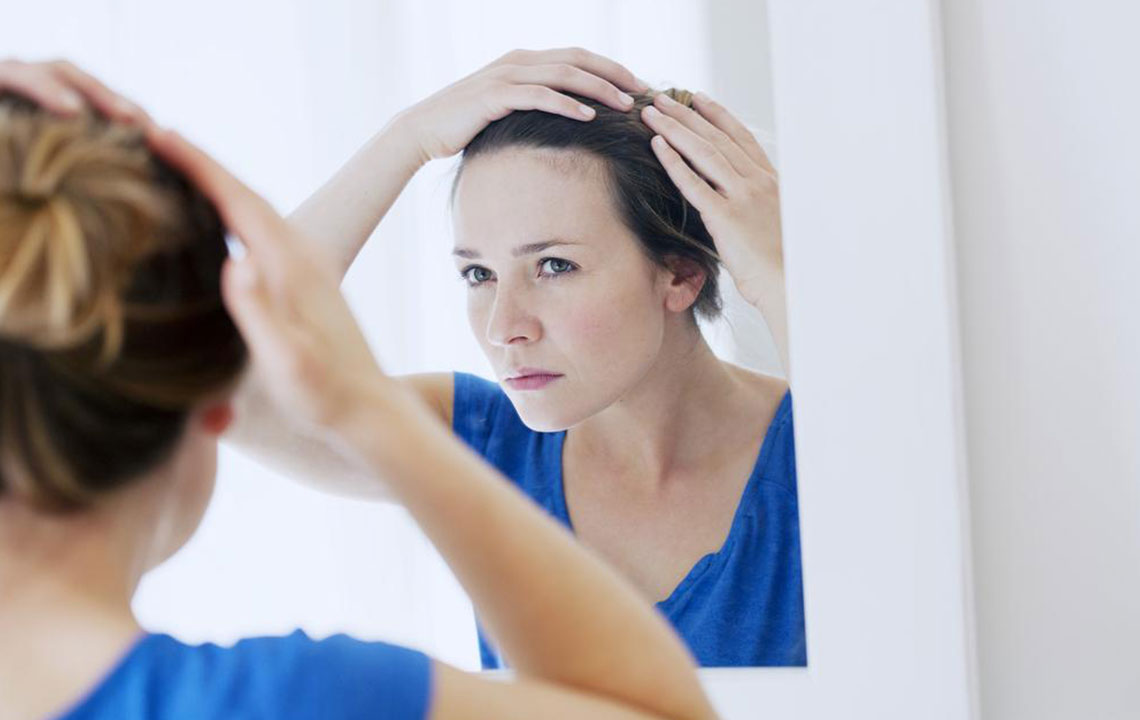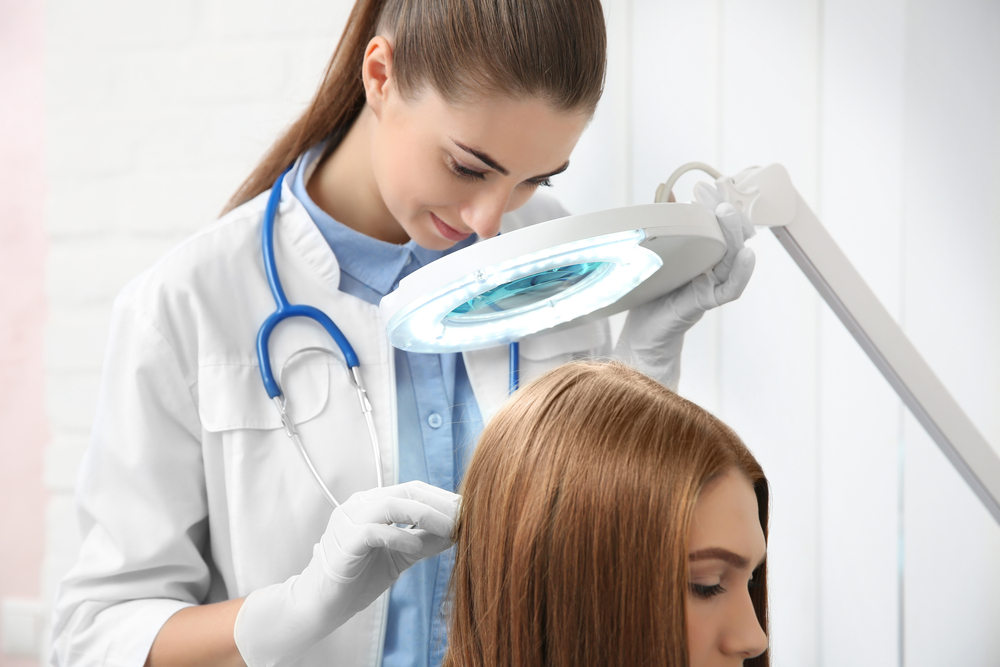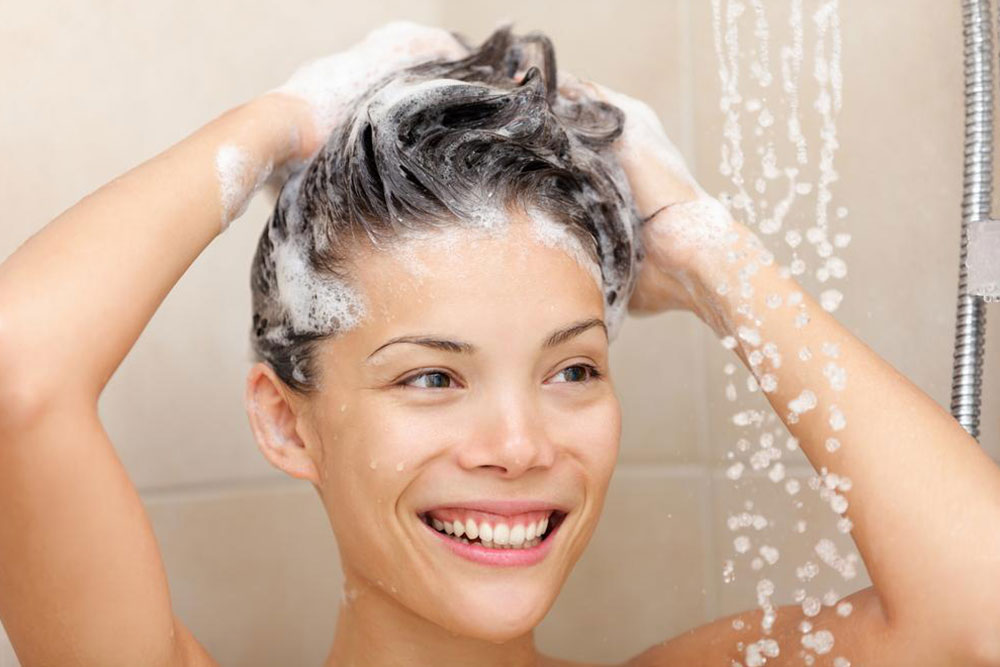Essential Tips for Managing an Itchy Scalp
Learn essential tips to effectively manage an itchy scalp. Discover how proper hair washing, choosing suitable shampoos, checking for lice, and consulting a dermatologist can alleviate discomfort. Maintain scalp health and prevent irritation with practical advice tailored to your hair type and condition.
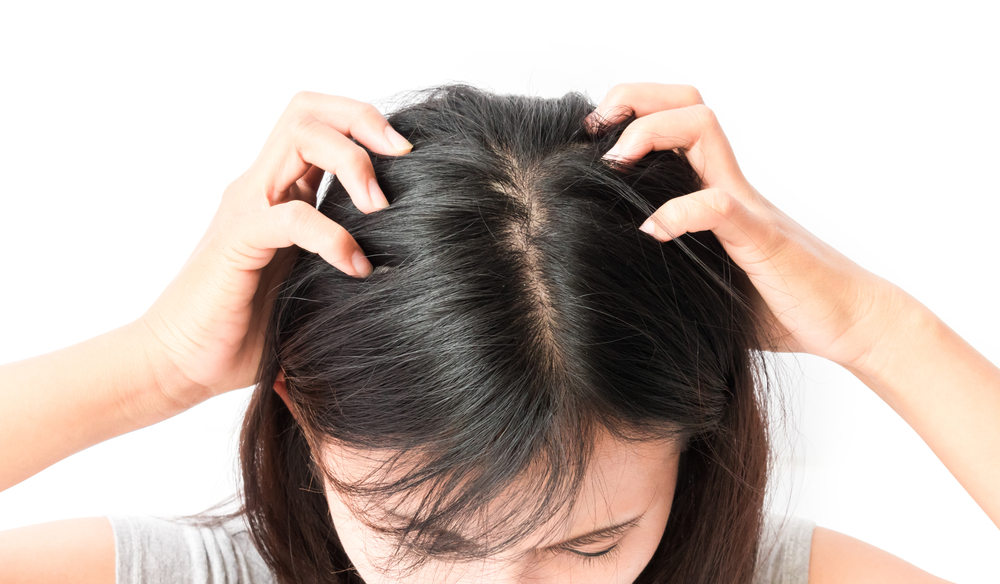
Essential Tips for Managing an Itchy Scalp
An itchy scalp can be incredibly uncomfortable and frustrating. Many people underestimate how bothersome it is until they experience the urge to scratch constantly, often in public. Avoiding scalp itchiness is a common goal for many.
There are effective strategies to soothe itching, but it's important to recognize that scalp irritation is usually a symptom of underlying issues like mild inflammation or dryness. Understanding the root causes can help in finding the right solution.
While we may not have all answers about why the scalp itches, we do know how to alleviate it effectively.
Here are common questions about managing scalp itchiness.
Does frequent hair washing help? How often should I wash my hair?
Yes, regular washing can help combat scalp itchiness.
However, the frequency depends on your hair type and scalp condition. For many, washing twice a week maintains a healthy balance.
Over-washing can strip natural oils, leading to dryness and increased irritation, forming a cycle of oily and dry scalp issues.
Using the right conditioner before and after washing supports scalp health and reduces itchiness.
Choosing an appropriate shampoo is crucial for managing scalp irritation.
How to choose the best shampoo?
Effective shampoos should remove buildup while maintaining the scalp’s pH balance.
Avoid products that promise endless benefits; look for those tailored to specific scalp or hair issues.
Maintain awareness of your scalp’s pH, ideally between 4.5 and 5.7, to avoid irritation. Water’s pH is around 7.
Opt for sulfate-free and paraben-free shampoos to prevent stripping natural oils and exposure to harsh chemicals.
Test different products through samples to find what works best for you.
Could lice be causing the itch?
It's a common worry when experiencing sudden, intense itching.
Check for lice by carefully combing your scalp with a fine-tooth comb and inspecting the bristles for tiny moving lice.
If lice are present, wash bedding thoroughly, disinfect affected areas, and apply a recommended lice shampoo. Multiple treatments may be needed.
For comprehensive eradication, consider specialized lice treatment kits that target all life stages.
What if the itch persists despite treatments?
If you've ruled out dandruff, lice, and other common causes but still suffer from an itchy scalp, consult a dermatologist.
This could indicate conditions like psoriasis or eczema, which require medical assessment and treatment.
Professional advice can help identify underlying issues and provide effective solutions.
Note:
Our blog offers a wide range of health and beauty information based on careful research. While informative, these articles are not substitutes for professional medical advice. For persistent or severe scalp issues, always seek the guidance of a healthcare provider. The site may not include all available treatments or offers, so consult specialists for personalized care.

